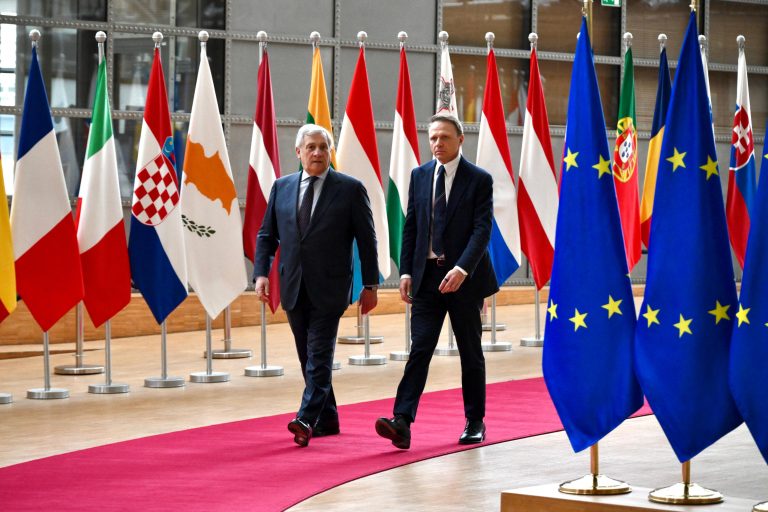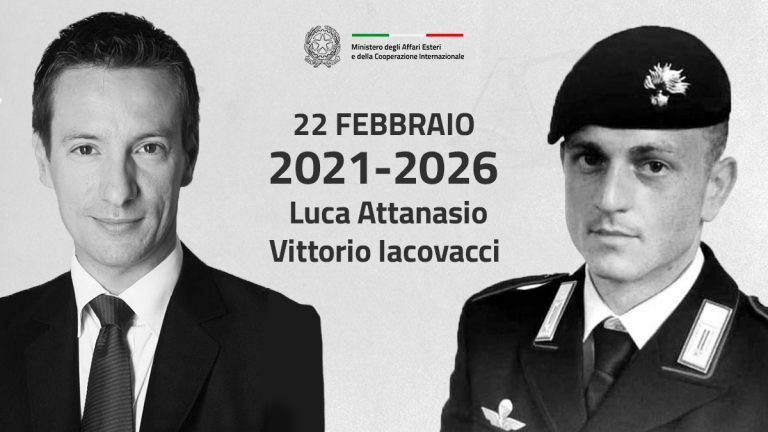Are we going to see the social network bubble burst this year like the dot.com bubble did in 2000? The first 2012 issue of Longitude – under the editorship of Pialuisa Bianco and now on the newsstands – takes a long look, starting with an editorial by Minister Giulio Terzi.“A Common Euro-Mediterranean House” is Terzi’s proposal, referring particularly to Italy’s role in what has recently become a turbulent and tension-ridden Mediterranean region, but one also of democratic aspirations and change. Editor Bianco herself examines the theme of the “explosions” in the Arab world and of the consequent yearning for democracy. She associates it with a form of weakening that permeates democratic institutions at the “heart of Europe”, and wonders whether that phenomenon is worse than the wait for a form of democracy that we do not know if or when will take root in the so-called “Arab spring” countries.What we need, Terzi stresses in his editorial, is a new strategic vision with clear objectives, first among them being a new compact leading to a common Euro-Mediterranean “house” resting on a foundation of “structural” commercial, social and cultural relations, as well as of greater political commitment. This is not, Terzi writes, a matter of creating new institutions and bureaucratic procedures, which tend not to leave the drawing board for lack of political impetus and, above all, financial resources; but rather of fostering the continuing economic, cultural and social integration of the two shores of the Mediterranean. The issue also features analyses on the environment, with Minister for the Environment Corrado Clini summarising the recent international climate summit.
How to reconcile individual national interests in the age of globalisation? In his analysis of this highly topical issue, Foreign Ministry Secretary General Giampiero Massolo explains that, on this panorama of important changes, the sovereign State, and national interests as its essence, seems to be enjoying a kind of revival: not only do the global dimension of international relations and the role of the sovereign State coexist, but the latter’s influence over the former is growing. Although the State cannot be considered as governing globalisation, its actions remain decisive in confronting the complex questions of the global agenda. National security, economic internationalisation, the foreign outreach of our cultural “soft powers”, protection of our co-nationals abroad, participation in world economic governance are, Massolo underscores, some of the macro areas of our national interests. But in a period of very limited resources, Massolo added, and fierce competition with other States, we are forced to be more careful and selective in setting our priorities, and to adapt ourselves to a changing environment. This was unanimously confirmed at the ambassadors’ conference held at the foreign ministry in Rome on 15 and 16 December 2011 as the essence of our diplomatic and consular network’s daily enterprise, and is also the basic principle underlying the reform of the foreign ministry as an institution. Massolo reiterated the need to dedicate adequate resources for foreign policy. A range of themes are analysed under the heading “The Geopolitics of Religion”: the influence of religion on international relations, the propagation of religions, their numbers, hotspots of religions conflict, the problematic aspects of religious freedom. Head of the Ministry of Foreign Affairs Analysis and Planning Unit Pasquale Ferrara explains that, instead of providing a motive for conflict, religion could serve to encourage reciprocal integration and be an aid to global governance. The central issue, Ferrara writes, is that “de-nationalising” religions does not mean “de-culturising” them. Religious identities do not in themselves constitute a threat to international relations – on the contrary, they could strengthen the idea of a common global identity.
Italian Ambassador in Beirut, Giuseppe Marabito, examines the Christian minority’s role in Lebanon. According to him the uprisings in the Arab world have focused international attention on Christian communities in the Middle East and North Africa. We must be aware, Morabito writes, of the extraordinary value and unique opportunity represented by the presence of Christians in the Middle East. The ambassador recalls Lebanese Sunni scholar Mohammed Sammak’s reference to Christians of the Orient and not of Christians in the Orient. The Christian community, Morabito underscores, is crucial to democratic stability and dialogue in the region, especially now that the Sunni/Shia conflict will probably inflame the region and bring Islamic fundamentalism to some of the countries of Northern Africa. Therefore, Morabito continues, if Christians are key to Middle East and Arab world stability, for their role as mediators, then they need security. Christians want their rights protected and ensured, like every other citizen, while a Europe reticent about acknowledging its Judaic-Christian roots appears distracted and unconscious of the problems of Christians living in the Arab world where they have very nearly been abandoned. One significant exception on the European panorama, Morabito writes, is former Foreign Minister Franco Frattini and his policies in defence of Christian communities and of religious minorities in general, not only in the Middle East but around the globe.
Longitude’s inquiring eye also follows Hillary Clinton, who could turn out to be the key to Obama’s winning re-election if she were to run as his vice-president.From the United States to the “celestial disorder”: an interesting map showing the crowd of satellites in space. The 1957 launch of the Sputnik marked the beginning of the use of space for science and technology. Since then the number of objects in orbit around the earth has steadily risen by an average of 200 per year. The US Strategic Command currently controls 12,771 satellites and other approximately 10cm objects in orbit around the earth.



